Bipolar disorder is a brain disorder that causes unusual shifts in energy, mood, activity levels, and the ability to carry out day-to-day tasks. Individuals with bipolar experience periods of depression and/or manic symptoms- a state of unusually elevated energy or happiness. These periods are called “mood episodes”. Mood episodes are drastically different from the moods and behaviours that are typical for the person. Extreme changes in activity, energy, and sleep go along with mood episodes.
Types of Bipolar Disorder
There are different types of Bipolar Disorder. All of them involve clear changes in energy, mood and activity levels.
Bipolar I Disorder— characterised by manic episodes that last at least 7 days, or manic symptoms that are so severe that the patient needs immediate hospital care. Usually, depressive episodes also occur, typically lasting at least 2 weeks. It is also possible for individuals to experience episodes of depression at the same time as manic symptoms.
Bipolar II Disorder— characterised by a pattern of depressive episodes and hypomanic episodes, but not the full-blown manic episodes experienced with Bipolar I Disorder.
Cyclothymic Disorder— characterised by numerous periods of hypomanic symptoms and numerous periods of depressive symptoms lasting for at least 2 years
Unspecified Bipolar and Related Disorders— characterised by bipolar disorder symptoms that do not match the three categories listed above. The symptoms do not have a specific pattern. However, they still have to meet the criteria for abnormal mood changes.
Treatment for Bipolar Disorder
Bipolar disorder is a lifelong condition. Dr Khabisi's treatment plan is directed at managing symptoms. In general, he uses a combination of psychotherapy and medication to treat and manage symptoms.
The focus of psychotherapy is identifying unhealthy, negative beliefs and behaviours and replacing them with healthy, positive ones. Therapy can help you identify what triggers your bipolar episodes and learn effective strategies to manage stress and cope with upsetting situations.
There are several types of medications used to treat bipolar disorder. The types of medication and doses that you will need will be based on your particular symptoms.
